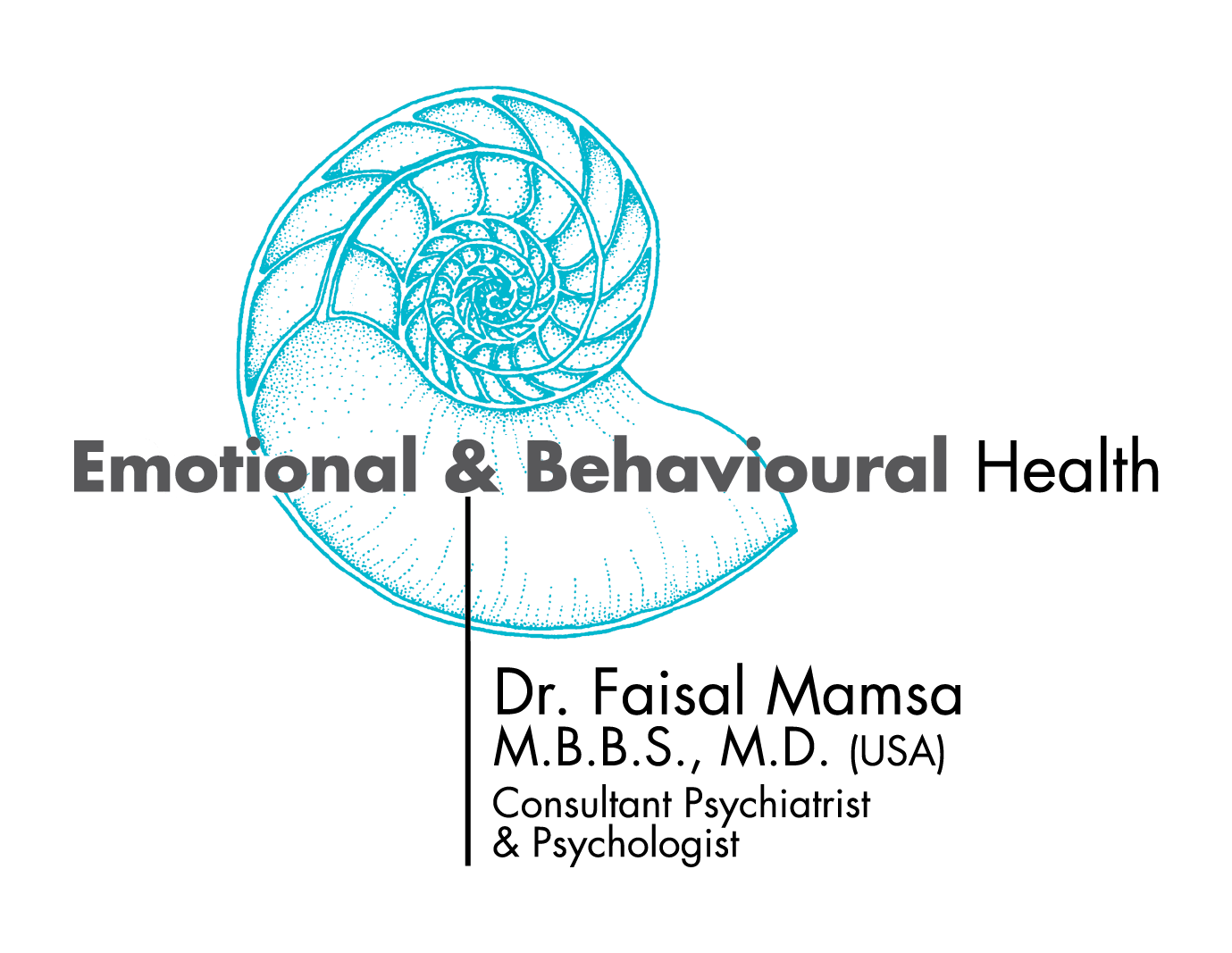
What exactly are somatic symptom and related disorders?
Somatic Symptom and related disorders are characterized by bodily sensations and/or symptoms (the most common example: pain) that are not caused by any medical or neurological condition, or by symptoms that do not match the actual illness. People experiencing this type of disorders often find themselves unable to control these physical symptoms, and are constantly worried about the cause of these symptoms, because the cause cannot be traced through a medical diagnosis. For this reason, somatic symptom and related disorders are very likely to co-occur with other mental conditions such as anxiety disorders and depression.
Somatic Symptom Disorder:
The diagnostic criteria for somatic symptom disorder are:
- One or more somatic symptoms that are distressing or result in significant disruption of daily life.
- Excessive thoughts, feelings, or behaviours related to the somatic symptoms or associated health concerns as manifested by at least one of the following:
- Disproportionate and persistent thoughts about the seriousness of one’s symptoms.
- Persistently high level of anxiety about health or symptoms.
- Excessive time and energy devoted to these symptoms or health concerns.
Although any one somatic symptom may not be continuously present, the state of being symptomatic is persistent (typically more than 6 months).
It needs to be specified that the person suffers from predominant pain (previously pain disorder). This specifier is for individuals whose somatic symptoms predominantly involve pain.
Like every mental illness, symptoms of somatic symptom disorders are not necessarily experienced in the same way by everyone; the severity of symptoms, the kind of symptoms as well as the number of symptoms occurring simultaneously can vary.
Different Types of Somatoform Disorders:
-
Illness Anxiety Disorder:
The diagnostic criteria for Illness Anxiety Disorder are:
- Preoccupation with having or acquiring a serious illness.
- Somatic symptoms are not present or if present, are only mild in intensity. If another medical condition is present or there is a high risk for developing a medical condition (e.g., strong family history is present), the preoccupation is clearly excessive or disproportionate.
- There is a high level of anxiety about health, and the individual is easily alarmed about personal health status.
- The individual performs excessive health-related behaviours (e.g., repeatedly checks his or her body for signs of illness) or exhibits maladaptive avoidance (e.g, avoids doctor appointments and hospitals).
- Illness preoccupation has been present for at least 6 months, but the specific illness that is feared may change over that period of time.
- The illness-related preoccupation is not better explained by another mental disorder, such as somatic symptom disorder, panic disorder, generalized anxiety disorder, body dysmorphic disorder, obsessive-compulsive disorder, or delusional disorder, somatic type.
-
Conversion Disorder:
This disorder is characterized by neurological symptoms specifically, that cannot be explained by a medical diagnosis, and that affect a person’s perception, sensation or movement. Examples of neurological symptoms include: weakness, loss of hearing, loss of sensation (numbness), abnormal movements such as seizures. Stress usually worsens the symptoms of a conversion disorder.
The diagnostic criteria for conversion disorder include:
- One or more symptoms of altered voluntary motor or sensory function
- Clinical findings provide evidence of incompatibility between the symptom and recognized neurological or medical conditions.
- The symptom or deficit is not better explained by another medical or mental disorder.
- The symptom or deficit causes clinically significant distress or impairment in social, occupational, or other important areas of functioning or warrants medical evaluation.
-
Factitious Disorder:
People with factitious disorder are aware of the fact that they do not suffer from an illness, but they mimic the symptoms of an illness, or purposely get sick, in order to deceive others around them.
The diagnostic criteria include the following symptoms:
- Falsification of physical or psychological signs or symptoms, or induction of injury or disease, associated with identified deception.
- The individual presents himself or herself to others as ill, impaired, or injured.
- The deceptive behavior is evident even in the absence of obvious external rewards.
- The behavior is not better explained by another mental disorder, such as delusional disorder or another psychotic disorder.
It is mostly associated with severe emotional difficulties and unresolved psychological conflicts.
Other somatic symptom disorders include:
- Psychological factors affecting other medical conditions
- Other specified somatic symptom and related disorders
- Other unspecific somatic symptom and related disorders

